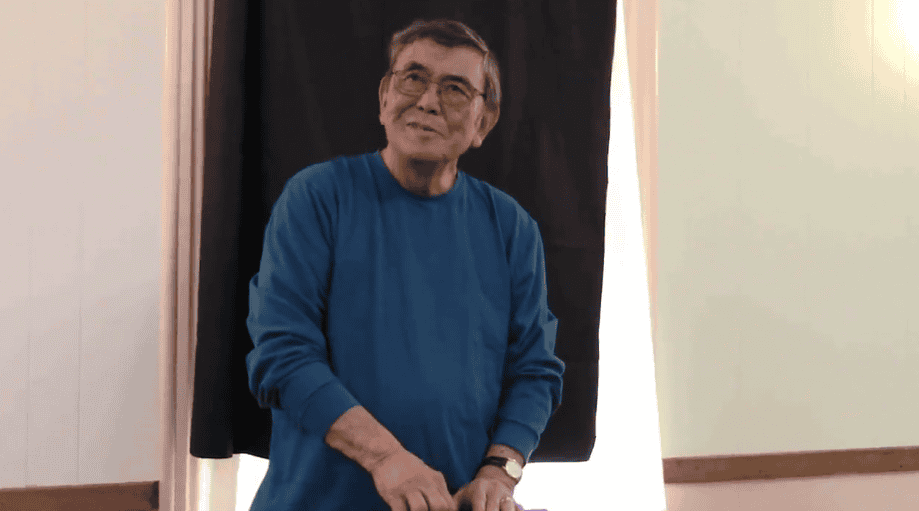

During World War II, Seabrook Farms Company in Cumberland County faced labor shortages, so it invited Japanese Americans interned in government camps to work there and relocate to South Jersey.
Mararu Edmund Nakawatase’s family was among them.
The former detainee told the story of growing up in Seabrook during a program at the Harrison Township Historical Society’s Richwood Academy Cultural Center last month.
“In the ‘30s and ‘40s, Seabrook Farms had incorporated frozen-food technology and had enormous amounts of acres in this area, spilling into Delaware,” Nakawatase recalled. “I think for a lot of people, in New Jersey and in surrounding areas, they wonder why New Jersey is called the Garden State. And we can tell them that’s the area we grew up in: the land of fruits and vegetables.”
Prior to moving east, Nakawatase’s parents were among 110,000 Japanese Americans who were interned by the U.S. after the attack on Pearl Harbor in 1941.
“The effect that Pearl Harbor had on civilians was the thought that people of Japanese ancestry were enemy aliens,” Nakawatase said. “Under executive order, all people of Japanese ancestry living on the West Coast of the United States were to be evacuated, rounded up and interned.”
There were 10 internment camps, one of which was in Poston, Arizona, where Nakawatase was born in 1943.
“My parents moved from Poston as soon as they could get out of there,” he said.
Nakawatase noted that while being born in an internment camp was his first experience with racism, anti-Asian fervor was common from the time Chinese immigrants arrived to build the western railroads at minimal pay.
“There’s been profound anti-Asian racism that existed in the United States, from the first time there was an Asian that stepped foot in the United States,” he noted. “The first immigration legislation passed by the United States Congress was an act called the Chinese Exclusion Act of 1924, which barred Chinese [people] from immigrating to the United States.”
After two years in Poston, Nakawatase’s parents found work at Seabrook Farms, and they were among the 2,500 Japanese Americans who migrated there to start a new life.
“I’m not downplaying the racism that was there, or still is there, but Seabrook was also a community,” Nakawatase said. “These were all people that were in refugee camps after the second World War. So I can’t in honesty tell you that I was an oppressed child facing day-to-day discrimination. That simply didn’t happen.
“We might’ve worried about a number of things, but our personal safety was not one of them.”
For more information on the history of Seabrook Farms, visit njdigitalhighway.org/exhibits/seabrook_farms. Nakawatase’s lecture can be viewed on the Harrison Township Historical Society’s Facebook page.









